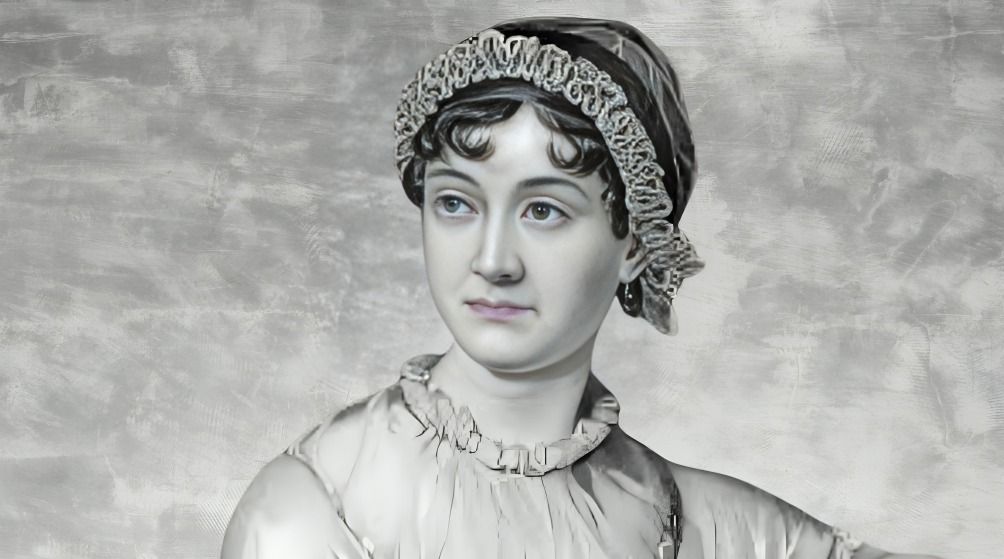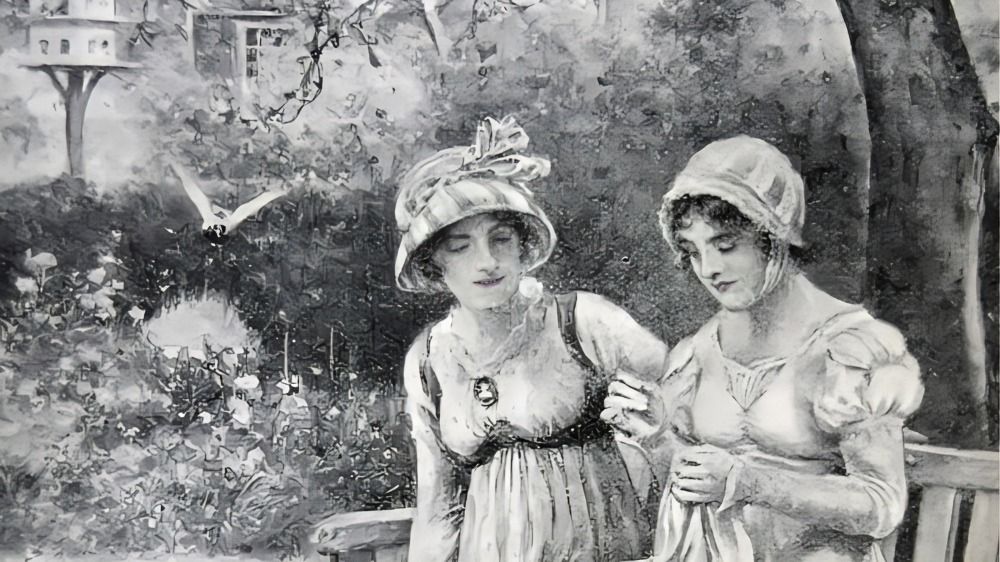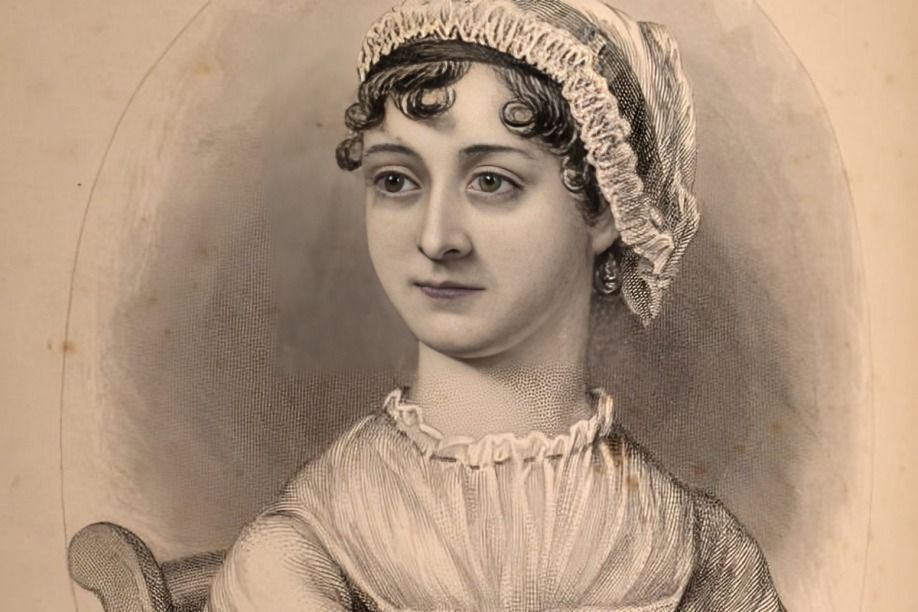
“
Jane Austen, an iconic figure in English literature, is best known for her timeless novels that explore themes of love, social class, and individual agency. Born in 1775, she penned classics like "Pride and Prejudice," "Sense and Sensibility," and "Emma," which have captivated readers for generations. Despite her literary success, Austen faced significant challenges, including societal expectations and limited opportunities for women writers during her time. As a remarkable woman in history, her sharp wit and keen observations of human behavior shine through her works, making her stories relatable even today. In this blog, we will delve into 20 interesting facts about Jane Austen, revealing insights into her life, her writing process, and the enduring impact she has had on literature and popular culture, showcasing her as an inspirational figure among women in history.1
”
Jane Austen began writing stories at just twelve years old, showcasing her early talent and passion for storytelling that would later captivate millions.1
Despite her first novel being published anonymously in 1811, Austen’s sharp wit and keen observations shone through, allowing her to influence readers without seeking personal recognition.2
Austen’s novels revolutionized literature by introducing complex female characters who defied societal expectations, making her a pioneer in depicting women's inner lives and struggles.3

She had a unique relationship with her family, especially her sister Cassandra, who was her closest confidante and a significant source of inspiration throughout her writing journey.
While many women of her time were expected to marry for financial security, Austen chose to remain single, focusing on her writing and illustrating the value of independence.4
Living in modest circumstances, Austen’s creative spark flourished in her small cottage in Chawton, where she wrote some of her most beloved novels, including Pride and Prejudice and Emma.5
Her keen observations of society’s quirks provided a rich backdrop for her novels, allowing her to blend humor with criticism, making her work both entertaining and thought-provoking.6

Jane's characters often mirror her own family dynamics, reflecting her sharp understanding of human relationships and the complexities of love, friendship, and societal expectations.
In her lifetime, Austen published four novels and left behind two unpublished works, all of which reveal her incredible talent and the stories she had yet to share.7
She had a profound impact on literature that only grew after her death; today, she is celebrated as one of the greatest novelists in the English language, influencing writers across generations.8
Jane’s sense of humor was legendary; her letters brim with playful banter and clever observations, offering a glimpse into her lively personality and the world around her.9

Despite facing chronic health issues in her later years, Austen continued to write with unwavering determination, exemplifying resilience and dedication to her craft until her final days.
Her keen insights into human behavior made her novels timeless; they explore universal themes of love and social status that resonate with readers even in the modern era.10
Austen’s sharp critiques of social norms—particularly regarding marriage—highlighted the limited roles available to women in her time, encouraging readers to think critically about their own lives.11
She was a true innovator in storytelling, using free indirect discourse to blend narrative voice with character thoughts, a technique that has influenced countless writers since.12
The charm of Austen's novels often lies in her ability to turn the mundane into the extraordinary, capturing the beauty in everyday life and relationships with remarkable clarity.13

Jane was not just a novelist but also a talented artist; she sketched and painted, showcasing her creativity in multiple forms, which added depth to her literary world.
Her novels have been adapted into over 70 films and television series, demonstrating her enduring appeal and the universal nature of her themes that continue to inspire modern storytelling.14
Austen's wit and wisdom extend beyond the pages of her novels; her insightful quotes about life, love, and society remain relevant and frequently cited in discussions about human experience.15
Celebrated worldwide, Jane Austen's legacy lives on each year on her birthday, May 16, which is honored as Jane Austen Day, a testament to the profound impact she made in literature and beyond.16


